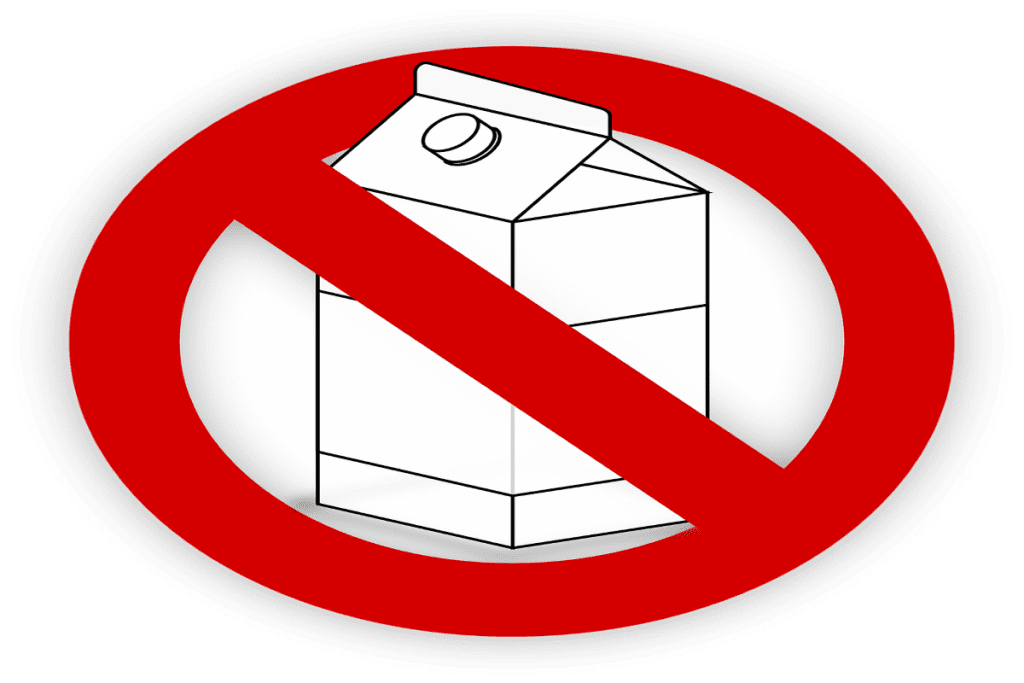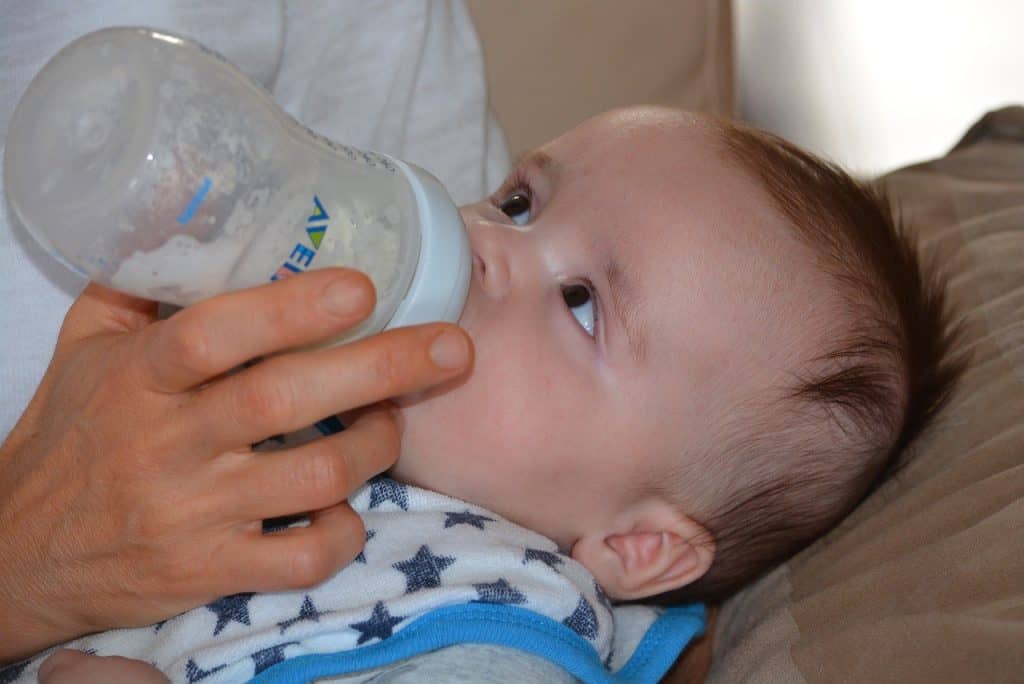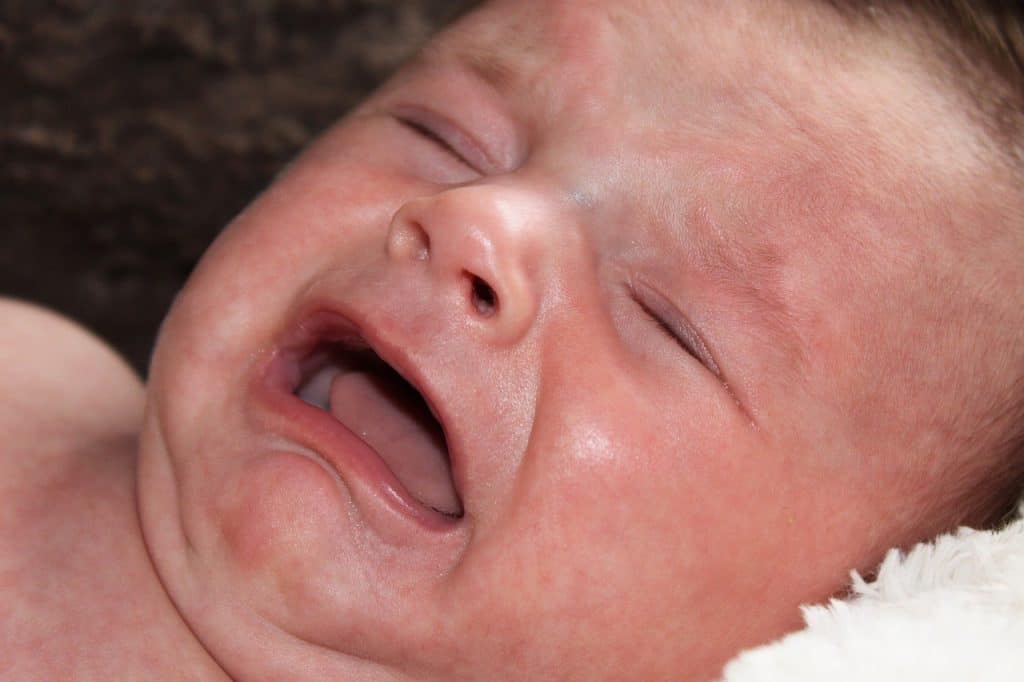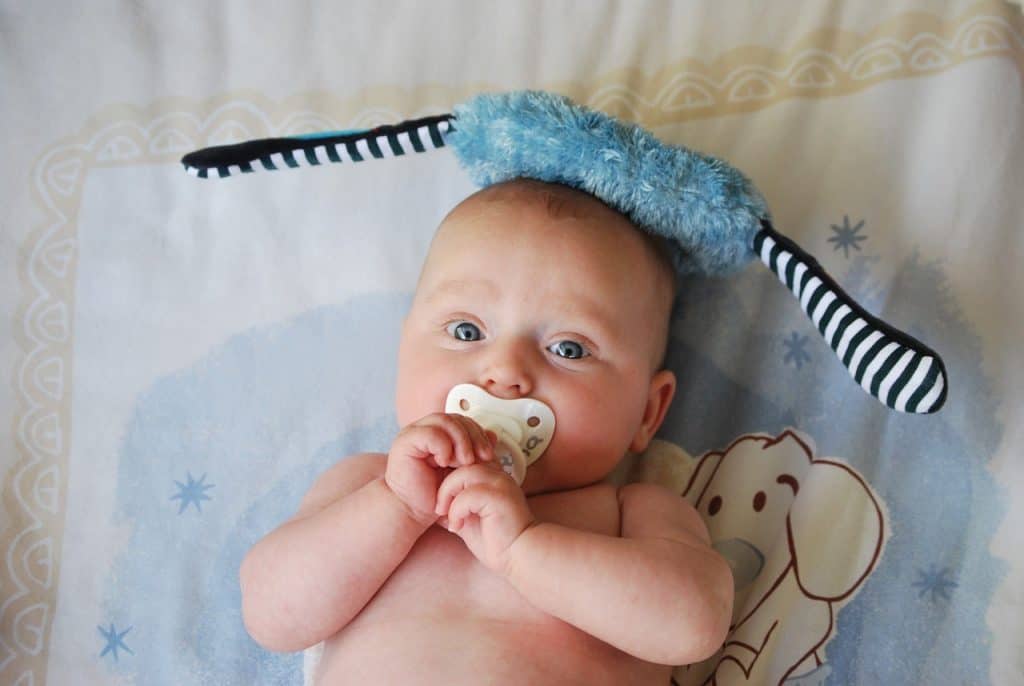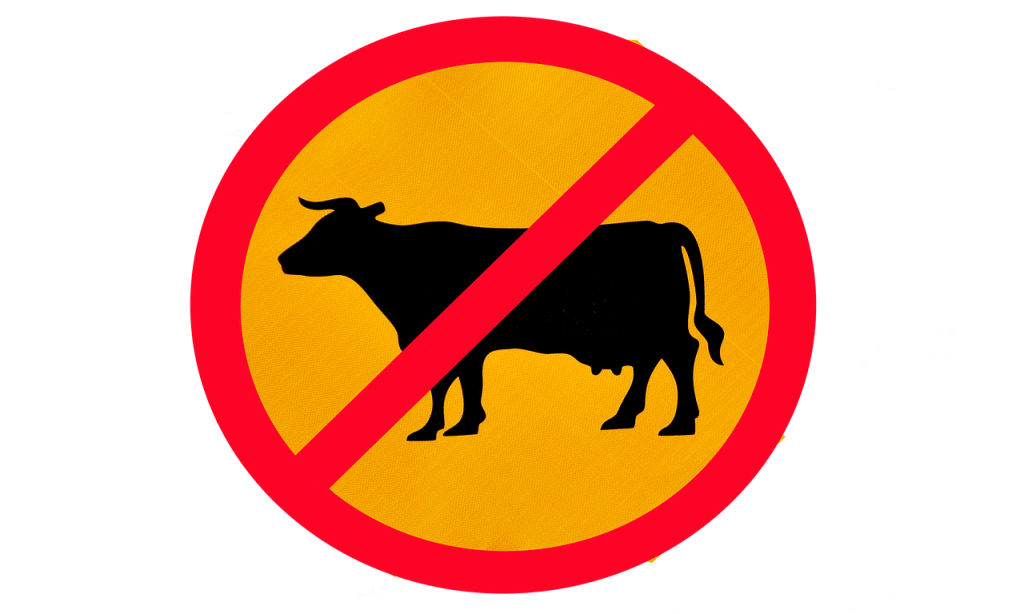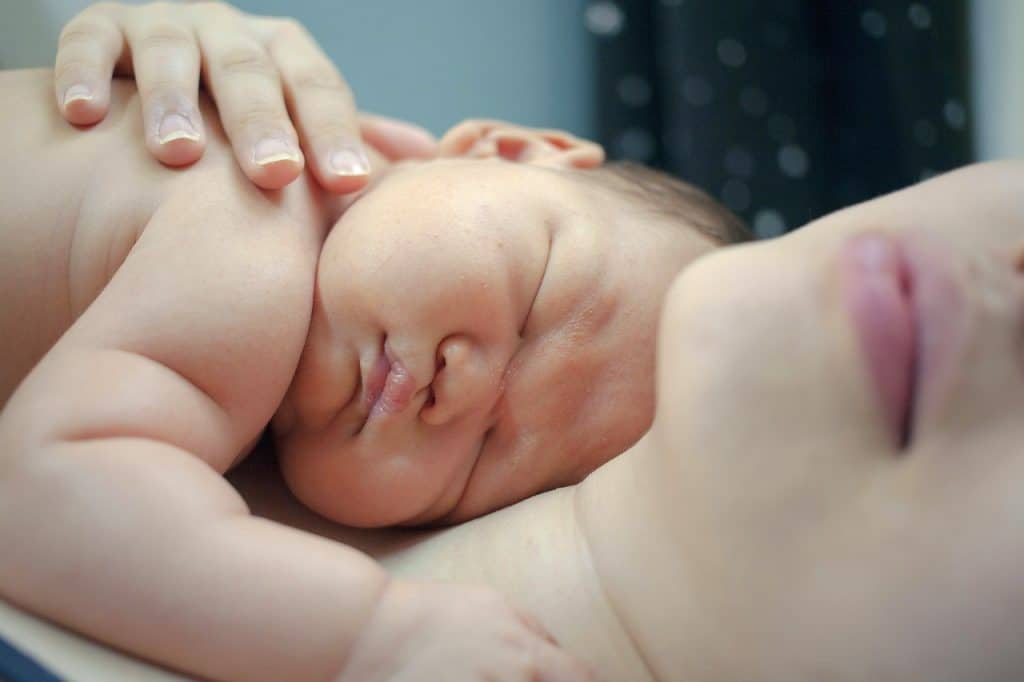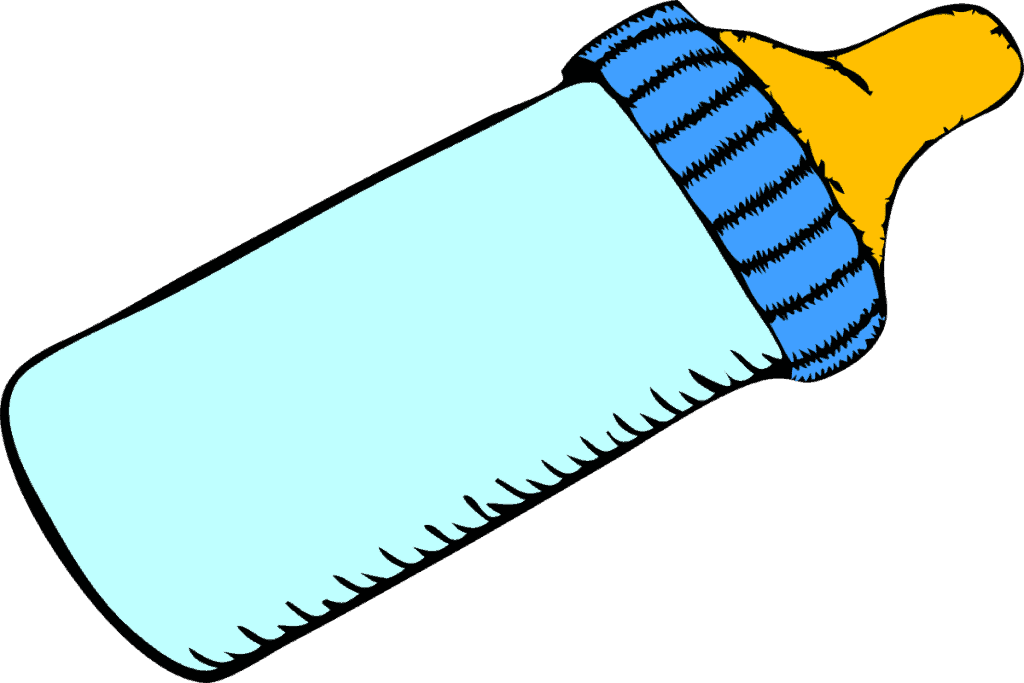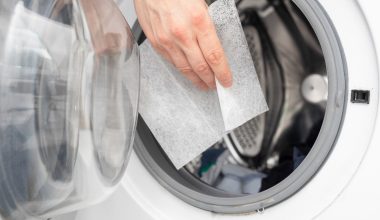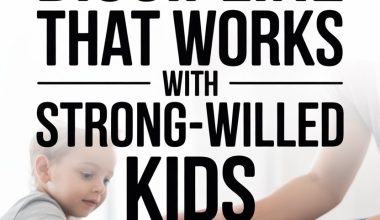As a parent, your utmost priority is to ensure your child’s safety, comfort, and good health. Therefore, your baby’s intense crying and fussing while being bottle-fed can be worrying and frustrating, especially if you don’t know the reason behind this behavior.
If your baby squirms and cries while bottle feeding, it might have a cow milk allergy or colic. Such behavior can also be a reaction to an upset stomach due to excessive gas, acid reflux, or a defective baby bottle.
It’s even more challenging to determine what causes your baby to act in such a manner because they can’t tell you about it. Hence, what you can do is look for signs. It’s crucial to pinpoint the specific reason for your baby’s actions to help treat or prevent it in the future.
Why Baby Squirms and Cries While Bottle Feeding
1. Your Baby Has Colic
It might have colic if your baby squirms and cries while bottle feeding. Healthy infants with this condition display intense, recurrent, and prolonged crying without apparent reason. No consoling or soothing can relieve their fussiness, exhausting and frustrating parents.
The excessive crying doesn’t last long and usually climaxes when the baby is about six weeks old. According to one study, up to around a quarter of infants experience this. Many parents with colicky babies seek professional help.
Your baby’s fussiness will tone down around three or four months of age. Although this condition goes away with time, it’s essential to manage it to avoid further stressing you and your baby.
Aside from intense crying, some colic symptoms are facial discoloration (e.g., skin flushing) and body tension (e.g., stiffened legs, pulled-up arms, clenched fists, arched back, or uptight abdomen). Unfortunately, there’s no known cause for this condition at the time of writing.
Although there’s no specific cause, multiple factors can contribute to developing colic. For instance, the infant’s yet-to-develop digestive system might play a crucial role. Your baby might also suffer from imbalanced gut bacteria.
2. Your Baby Has an Allergy
Allergies can be the reason why your baby squirms and cries while bottle feeding. Some infants have an allergic reaction to cow’s milk. When an infant has a milk allergy, it indicates that their immune system overreacts to proteins present in cow’s milk formula.
The immune system, responsible for fighting infections, regards proteins as harmful invaders. This system response causes the body to release chemicals, such as histamine. Histamine can trigger allergy symptoms that affect different body parts (e.g., skin, eyes, throat, lungs, etc.).
Cow milk allergy can manifest in bottle-fed babies that use formula. After all, most infant formulas are cow milk protein-based. Infants who breastfeed from mothers that consume cow’s milk can also show symptoms.
It’s worth mentioning that allergy to cow’s milk is common among infants and children. It presents days or weeks after the consumption of cow’s milk. In most cases, the children will eventually outgrow it (usually by the age of three to six).
You’ll know that milk allergy is the reason for your baby’s excessive squirming and crying while bottle feeding if they display other symptoms. Milk allergy symptoms vary from child to child, but below are the most common ones you must note.
- Wheezing
- Difficult breathing
- Coughing
- Tightness of the throat
- An upset stomach
- Abdominal cramps
- Vomiting
- Anaphylaxis
- Diarrhea
- Hematochezia
- Swollen or watery eyes
- Skin issues (e.g., urticaria or hives)
- Swelling of the tongue, lips, or throat
- A drop in blood pressure
- Itching
- Facial flushing
If you notice any of the symptoms mentioned above, call your pediatrician and ask for their advice before switching formulas. Get your baby to the hospital immediately if they show signs of a severe allergic reaction (e.g., breathing difficulties, swelling, or skin irritation).
It’s significant to mention that cow milk allergy differs from lactose intolerance. Both have more or less the same indicators, but what causes them is entirely different. As explained earlier, a cow’s milk allergy has something to do with the immune system.
Meanwhile, lactose intolerance occurs when your baby’s small intestine doesn’t produce the necessary enzyme to digest lactose or milk sugar. Knowing the difference between the two is crucial for prevention and treatment.
3. Your Baby Has a Tummy Ache
If your baby’s stomach is upset, they’ll naturally feel upset and make a fuss. An infant becomes gassy when they swallow too much air while bottle-feeding. One of the reasons why you need to purchase a high-quality baby bottle is to prevent this from happening.
Swallowing extra air during feeding is not the sole cause of why an infant becomes gassy. Other possible causes include excessive crying, minor digestive problems, gastrointestinal virus, new foods, or a yet-to-develop digestive tract.
Infants have different reactions to gas. Some don’t feel bothered by it, while others cry endlessly and become increasingly restless, hindering them from going to sleep. Infant gas is natural, and there are remedies you can try at home to relieve your baby from stomach pain.
4. The Baby Bottle Is Defective
Your baby will likely squirm and cry while bottle feeding if they don’t get enough milk because milk isn’t coming out of the bottle nipple. The same will happen if too much milk comes out due to a defective bottle nipple.
5. Your Baby Has an Acid Reflux
Suppose your baby squirms and cries while pushing the bottle away. However, they’re still hungry. In that case, your child might suffer from infant reflux, which happens when the stomach contents move back to the food pipe. The cause is typically an immature esophagus.
Reflux in babies is common and fixes itself over time. Aside from crying and not settling, you’ll notice your infant coughing or hiccupping during feeding. They might also feel sick during or shortly after bottle feeding.
Other Possible Causes
There are many possible reasons your baby squirms and cries while bottle feeding aside from those mentioned above. They might not feel well, resulting in a lack of appetite and even more fussing.
One other common reason is when they’re uncomfortable during a feeding. Position matters when you bottle-feed your child. You must position the bottle at an angle with the infant’s head higher than their body to ensure that the milk comes out only when the baby sucks.
Another potential reason is that they’re exhausted or are already full. The same can happen if they go too long between bottles. You must understand your baby’s cues when they’re full or hungry.
What to Do When Baby Squirms and Cries while Bottle Feeding
Due to Colic
You can relieve colic symptoms by getting rid of potentially irritating foods from your diet with the advice of your pediatrician. Consider avoiding foods like cabbage and onions and products with caffeine. It’s better to cut down one food item at a time every two weeks or so.
Remember not to overfeed your baby because overfeeding causes discomfort among infants. Medical professionals advise feeding newborns every two to three hours. It’s significant to understand your infant based on signs that they’re ready to feed.
Soothe your baby by walking them in a baby carrier or rocking them. Aside from your reassuring body contact, the repetitive motions calm infants. You can also introduce them to a pacifier for immediate relief.
Pacifiers are excellent tools that provide infants instant relief because of the sucking. However, you must be extra mindful of the drawbacks of using one. Firstly, your child might become dependent on it.
Secondly, using pacifiers increases the risk of middle ear infections. Meanwhile, prolonged use can lead to long-term dental problems, such as tooth misalignment. The drawbacks of pacifier use usually outweigh the benefits as your baby grows older.
It helps to encourage your colicky baby to have some tummy time. The pressure in their belly can comfort them. Babies with colic also love to be swaddled with a thin blanket because the feeling resembles the sensations in the womb, which calms and soothes them.
Due to Cow’s Milk Allergy
Like all food allergies, the primary treatment for cow’s milk allergy is strictly removing it from your baby’s diet. If you breastfeed your infant, you must eliminate all products with cow’s milk protein (e.g., cheese, yogurt, butter, etc.) in your diet to avoid passing it to your child.
It helps to keep a journal where you can note your baby’s issues to prepare questions for your healthcare provider. Indicate whether your baby squirms and cries during and after feeding or at a specific time. Remember to jot down everything your infant consumes.
If you’re exclusively formula-feeding, ask your healthcare provider about protein hydrolysate formulas. This formula type contains partially or extensively broken-down protein. Experts recommend these for babies who can’t tolerate cow milk protein-based or soy-based formulas.
Due to Gas
You can relieve your baby from excess gas by burping them twice. Remember that burping your infant is crucial for every feeding, even if they’re sleeping. The best baby burping positions are on your shoulder, face-down on your lap, or sitting up.
As stated earlier, your infant doesn’t only get extra gas from bottle feeding. Excessive crying is also a significant contributor. Therefore, it helps to know your child’s cues and feed them before they have a crying spell or meltdown due to hunger.
You can also consider asking your pediatrician for over-the-counter medications for your gassy baby. They might recommend baby gas drops. These contain simethicone, which aids in breaking up gas bubbles.
With your pediatrician’s recommendation, you can consider giving your baby probiotics. Infants naturally get probiotics from breast milk. If you exclusively feed your child with formula, ask your doctor what infant formula with probiotics you can try.
Probiotics have many different benefits. They help with the treatment of diarrhea and atopic dermatitis among infants. They can also help relieve colic symptoms, prevent urinary tract infections (UTIs), and manage allergies.
Other home remedies you can try are helping your infant do baby bicycles, encouraging tummy time, and giving them a rub-down. To do baby bicycles, lay your child on their back and gently perform cycling motions using their legs.
Due to an Acid Reflux
Infant acid reflux usually doesn’t warrant concern or immediate medical attention. Make sure to burp your baby regularly and let them sleep on its back. It’s also helpful to ask your healthcare provider for advice regarding the correct breastfeeding position.
See your pediatrician if your baby’s condition doesn’t improve after easing it or isn’t gaining weight. There might be a cause for concern if they get a reflux after six months old or if they’re over one year of age and still have it.
Due to a Defective Baby Bottle
The most significant factor to consider when purchasing baby bottles is the nipple size because it controls the speed of milk flow. If the milk comes out too fast or too strong, the baby can be at risk of choking or overfeeding.
Similarly, too small a nipple might frustrate your infant because they might not get enough milk. One drop of milk per second might be ideal to ensure that the milk gushing out of the nipple isn’t too fast or too slow. Parents must know when to size up or size down.
Newborns must have nipples with a slower flow, allowing them to mimic breastfeeding using similar muscles. As your baby grows, you need to upgrade the bottle nipples to ones with a faster flow.
You’ll typically know you need to switch nipple levels based on your baby’s age, but it primarily depends on the child. After all, each infant has different needs.
Final Thoughts
It’s crucial not to immediately jump to conclusions when your baby squirms or cries while bottle feeding. After all, there are many potential causes, each requiring different treatments, preventions, and interventions. The best thing you must do initially is to observe.
As a parent, you’ll find intuition one of your best assets. No one knows your baby more than you do. Visit your healthcare provider immediately if you notice signs and symptoms that point to a more severe condition.


